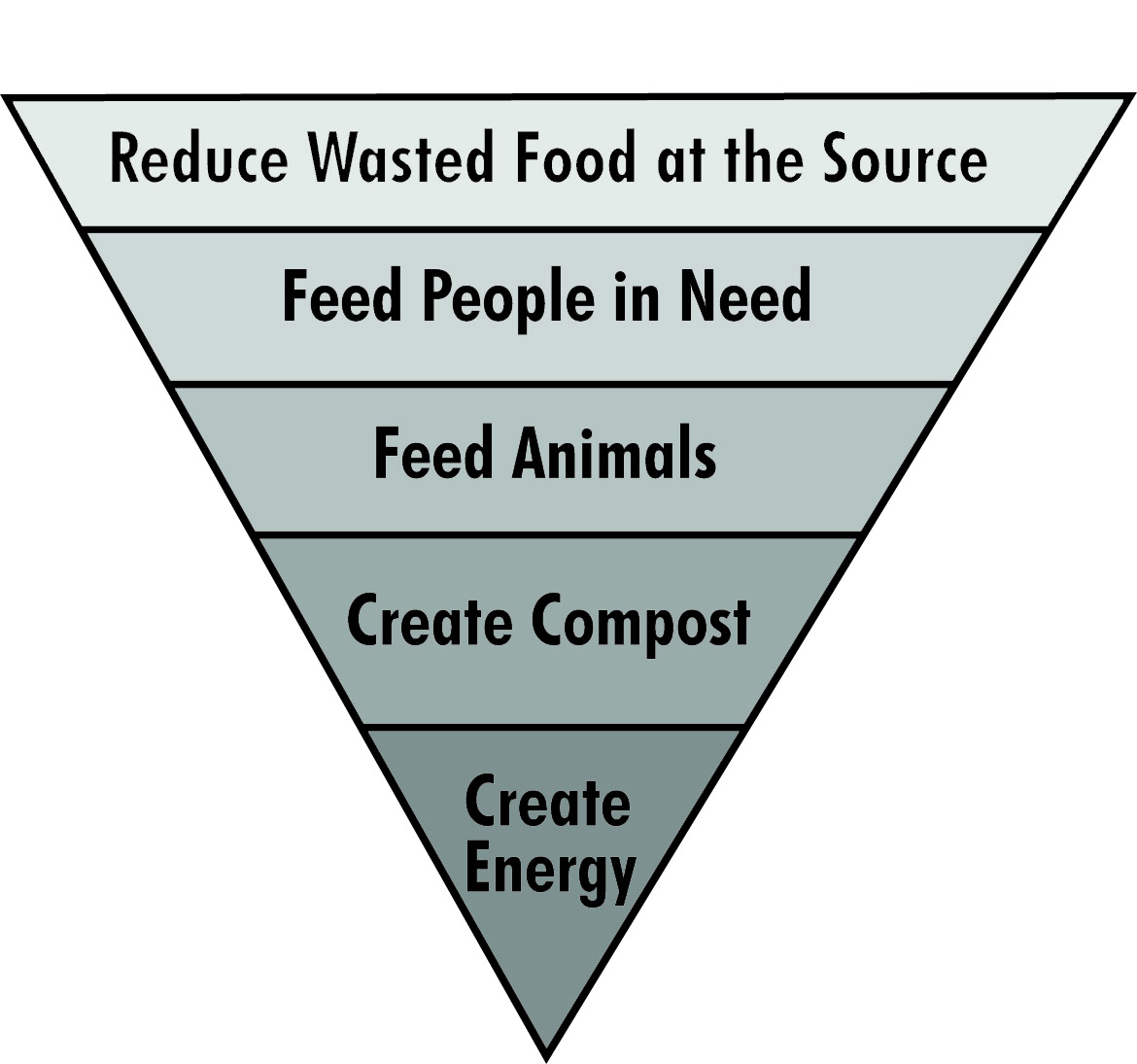
Project Overview
At least 40% of food in the US is wasted (NRDC). According to the MA Department of Environmental Protection, food waste and other organic material make up approximately 21 percent of the total waste stream in the state, equaling 950 thousand tons a year in Massachusetts in 2019. At the same time, more than 650,000 Massachusetts residents are food insecure, making the disposal of edible food a missed opportunity to better synthesize and strengthen multiple sectors of the food system (Feeding America). Food waste poses an environmental hazard as well, as discarded organic materials in landfills create methane, a greenhouse gas which contributes to climate change. And landfilling or incinerating food waste is expensive for municipalities and has public health and environmental impacts.
The Collaborative facilitates a network of organizations that are helping to reduce wasted food in Massachusetts, including food rescue organizations, gleaning organizations, composting organizations and farms, and environmental groups. This network shares information and builds relationships across the sector. The Collaborative works to engage around proposed state legislation and regulatory changes that could impact food waste and supports organizations in advocating for changes that would positively impact their work.
Collaborative Resources
The Collaborative published a report, Reducing Food Waste in Massachusetts: Local Successes Informing Statewide Solutions. The report provides an overview of the food waste system and lifts up examples of people and organizations that are working to reduce food waste. The recommendations section provides a summary of what else is needed to continue the momentum to reduce food waste.
Municipalities have a big role to play in building off this momentum and making food waste diversion easy and appealing to all residents, schools, and businesses. The Collaborative has put together a brief overview of some approaches that municipalities can take to help reduce food waste, and has submitted testimony on pending legislation.
Advocacy
The Collaborative is tracking the following bills in the 2023-24 Legislative session.
An Act encouraging the donation of food to persons in need
S.920: Sen. Jo Comerford / H.1594: Rep. Hannah Kane
Thousands of tons of edible food is sent to landfills each year because of donors’ concerns about liability, and because diverting it to those who need it can be costly. This bill will provide civil liability protection for persons who donate food directly to consumers, as well as for food establishments that donate food, and a tax credit to Massachusetts farmers in the amount of the fair market value of the donated food, with a $5,000 annual cap per farmer.
Network Partners
Below are key food waste reduction organizations, including food rescue, gleaning, and composting organizations that partner with the Collaborative to reduce food waste around the state.
External Resources
More Information
Get Involved
For more information, please contact Emily Fidanza at [email protected]